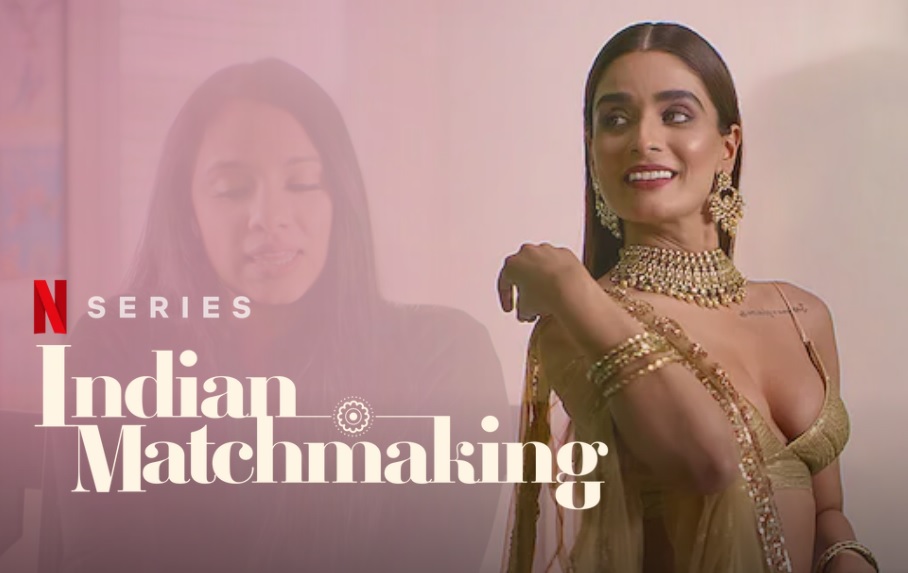Welcome to our new column, Screenshots, about all the shows available on our many screens today.
Having walked my fair share of picket lines for The Newspaper Guild, which has provided me with a meager retirement fund, I understand why writers from the Writers’ Guild of America went on strike May 2 and are continuing. The 2007-2008 strike lasted 100 days. That was a long time to wait for them to get back and gear up again to provide us with the words that, in truth, make whatever show we watch worth it or not.
For Screenshots this time, let’s explore what I’ve been watching and recommending on Netflix.
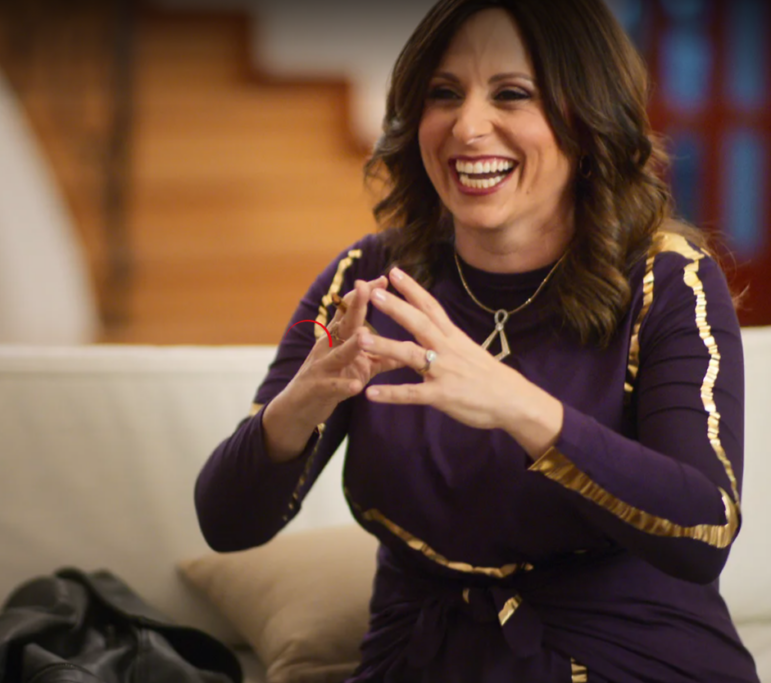
Indian Matchmaking and Jewish Matchmaking. This binge-worthy reality show follows Sima Taparia, Mumbai’s top matchmaker. She deftly handles clients who are paying her to manage an arranged marriage and who often are picky, demanding, and unrealistic in the quest to find love in India and the United States. Requests include being of a specific religion, height, no debts, and hair. Sometimes the list is so long Sima Aunty, as she is called, uses patience, logic, and persuasion to guide marriage-minded men and women. She educates them on what’s really important in finding a spouse and often it is not what they require. I followed Indian Matchmaking up with Jewish Matchmaking with Aleeza Ben Shalom, a matchmaker and dating coach who has a lovely way of bringing Jewish men and women together with the possibility of marriage.
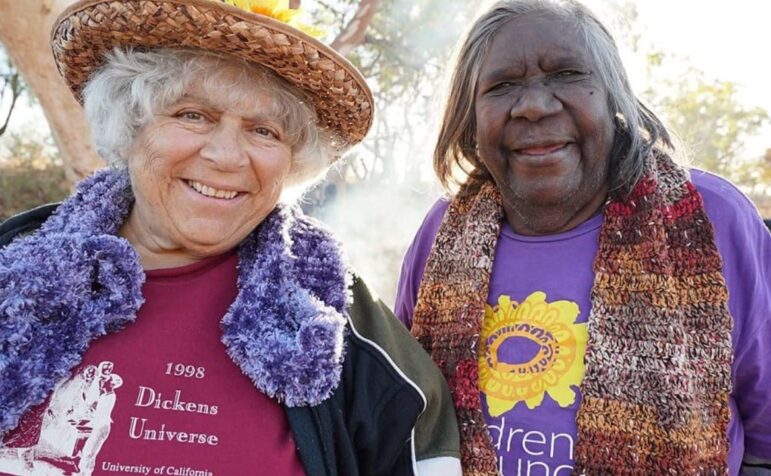
Screenshot of Miriam Margolyes in her documentary, Almost Australian.
Almost Australian: Miriam Margolyes stars in this fun and interesting documentary about her desire to know her adopted country, Australia. You may know Margolyes from “Harry Potter and the Chamber of Secrets” and the voice of Fly, the dog in “Babe. Miriam travels around Australia in an eight-week journey to discover if the “Australian Dream” still exists. The 82-year-old describes herself as an “old, fat Jew” who is also a lesbian in a long, loving relationship. She’s charming and insightful as she talks to the people she encounters while driving around in her motorhome. In the first episode, she says, “This will be my first night as a grey nomad, which I’ve learned is Aussie slang for people like me who realize their dreams of touring the country.” It takes her to a camping ground in the middle of a forest where she starts a conversation with Claire, a mother and a grandmother living off the grid in her camper van equipped with solar panels. Her Australian dream is freedom. Yet Miriam tells us that women over 55 now make up the fastest-growing population of homeless in the country. Miriam’s take on her trip of self-discovery is one worth going along for the three-episode ride.
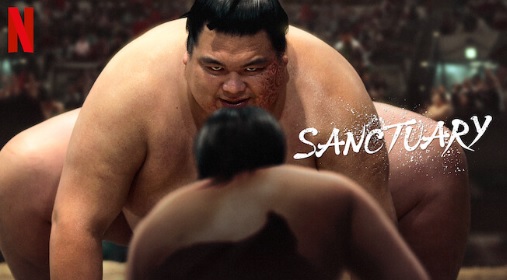
Sanctuary: If you can get through the first ten minutes of Episode One of this raw, powerful, and violent discovery of the sumo world, then I urge you to push on. This is not a simple drama about the world of sumo wrestling. We see it through the eyes of Enno, who joins a stable of sumo wrestlers not for glory or fame but for money. He’s cocky, insulting, and sarcastic and ignores the culture and customs of the ancient sport of professional sumo wrestling and pays the price for his behavior. I’m halfway through the eight episodes and hoping for time to jump in and finish it. I watch this Japanese series listening to the original language and reading closed captions. Netflix describes this show as “gritty and exciting.” That it is.
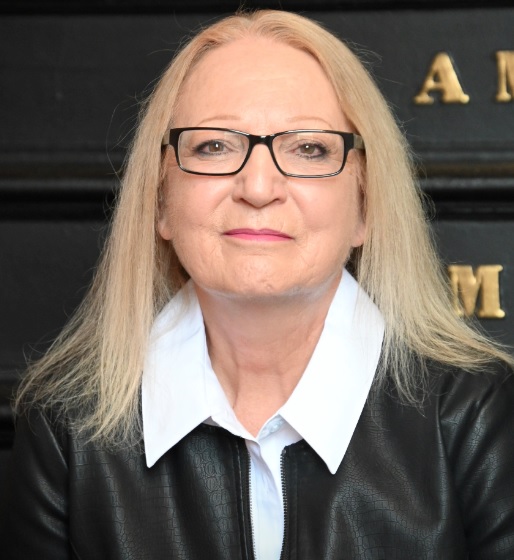
Beverly Stoddart is a writer, author, and speaker. After 42 years of working at newspapers, she retired to write books. She is on the Board of Trustees of the New Hampshire Writers’ Project and is a member of the Winning Speakers Toastmasters group in Windham. She is the author of Stories from the Rolodex, mini-memoirs of journalists from the 1960s, 1970s, and 1980s.
